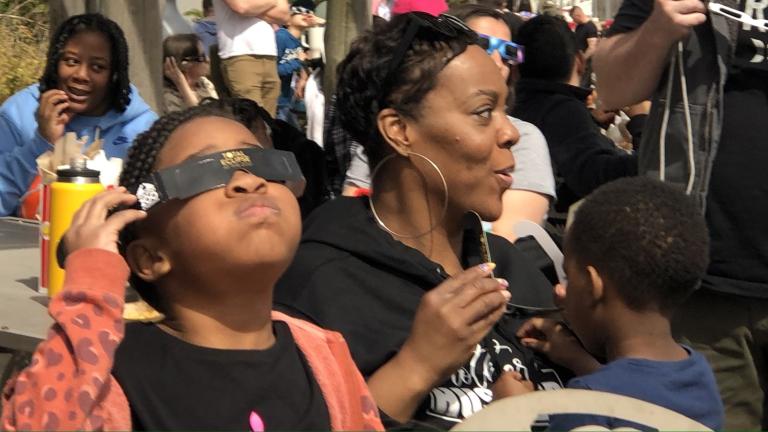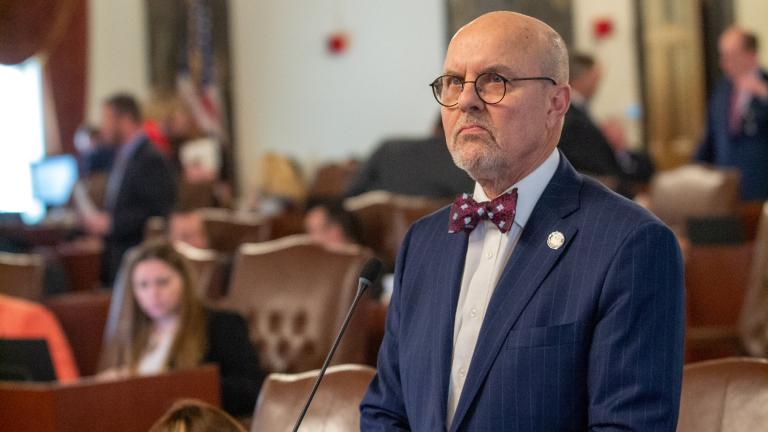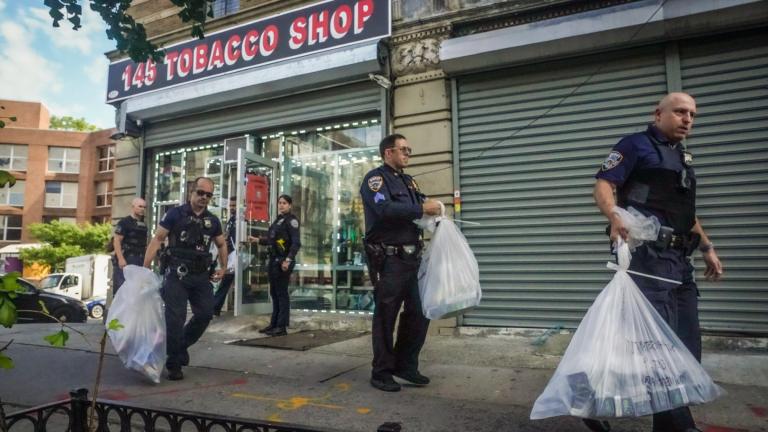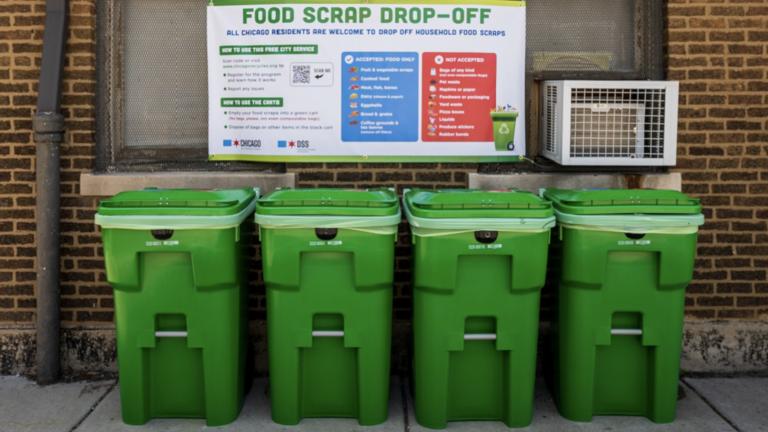Chicago has long had a tortured relationship with recycling.
City leaders have scrapped old programs and replaced them with new ones, but the result is the same — recycling rates in the single digits.
Chicago currently recycles 9.8% of its residential waste through the city’s blue cart collection program as well drop-box recycling.
San Francisco, which leads U.S. cities in recycling, claims to divert 80% of its waste from landfills. Among the ways it has reached that level is by banning single-use plastic bags and polystyrene food containers and making recycling and composting mandatory at all city events.
Michelle Thoma, president of the Chicago Recycling Coalition, a nonprofit that promotes waste reduction, recycling and composting in the city, says that one of the problems in Chicago historically has been a lack of commitment to recycling.
“The city of Chicago has just not put the attention and resources to making recycling all that it can be,” said Thoma.
Cities with the highest recycling rates have ongoing programs to educate residents over what can and cannot be recycled and why it is important, says Thoma.
“So that’s another area where the city of Chicago has not done a great job … We have not had consistent reminders of what is recyclable and what is not recyclable, and so it definitely doesn’t work well here as result,” said Thoma.
Jennifer Walling, executive director of the Illinois Environmental Council, which seeks to ensure environmental protection and conservation are incorporated into public policy, said that Chicago recycling programs have historically had a trust problem.
“There’s definitely a trust issue because we started with that blue bag program and then we went to the (blue) bin and that has had a number of challenges and (problems with) contamination etc.,” said Walling. “In order to be successful, you need to have a system of continuous education.”
And Walling says that educational effort has to be consistent, accessible and in multiple languages.
“Continuous education and enforcement are critical, but of course those are things that are going to be really costly,” said Walling.
And while Chicago and Illinois may have laws and regulations on the books to encourage more recycling, according to Thoma, she believes a lack of enforcement of those laws has discouraged compliance.
LRS – formerly Lakeshore Recycling Systems – was awarded the city’s blue bin recycling contract in January of last year. They took over from Waste Management, which had a checkered recycling history.
Although the recycling rates are so far largely unchanged, with Chicago still mired in the single-digits, Thoma has faith that LRS will do a better job than Waste Management.
“I have been to an LRS facility and I’ve seen that they really do try to recycle everything,” said Thoma.
Angela Tovar, chief Sustainability Officer for the City of Chicago admits the city has a lot of work to do on recycling.
“We know Chicago can do better and we do intend to make significant changes in the next few years,” said Tovar. “This is something that we are very serious about.”
Tovar says that driving improvement requires looking beyond the traditional blue cart and black cart system and looking more closely at the waste stream to identify materials that can be diverted for recycling as well as waste that can be composted.
The city is aiming to make progress on multiple recycling fronts, says Tovar and is hiring more staff to make that happen.
“That is a critical piece that we have heard loud and clear that we need more bodies here at the city thinking about materials management,” said Tovar.
The city is also “going all-in on composting,” said Tovar, starting with five community gardens.
“We are going to be supporting their composting efforts and working with them to encourage their neighbors around the gardens to come and compost materials there. And we are also going to be piloting within the next year residential composting pick-up,” said Tovar. “So we are very hopeful. We know that investing more in composting will lead to a significant diversion of waste from the landfill.”








